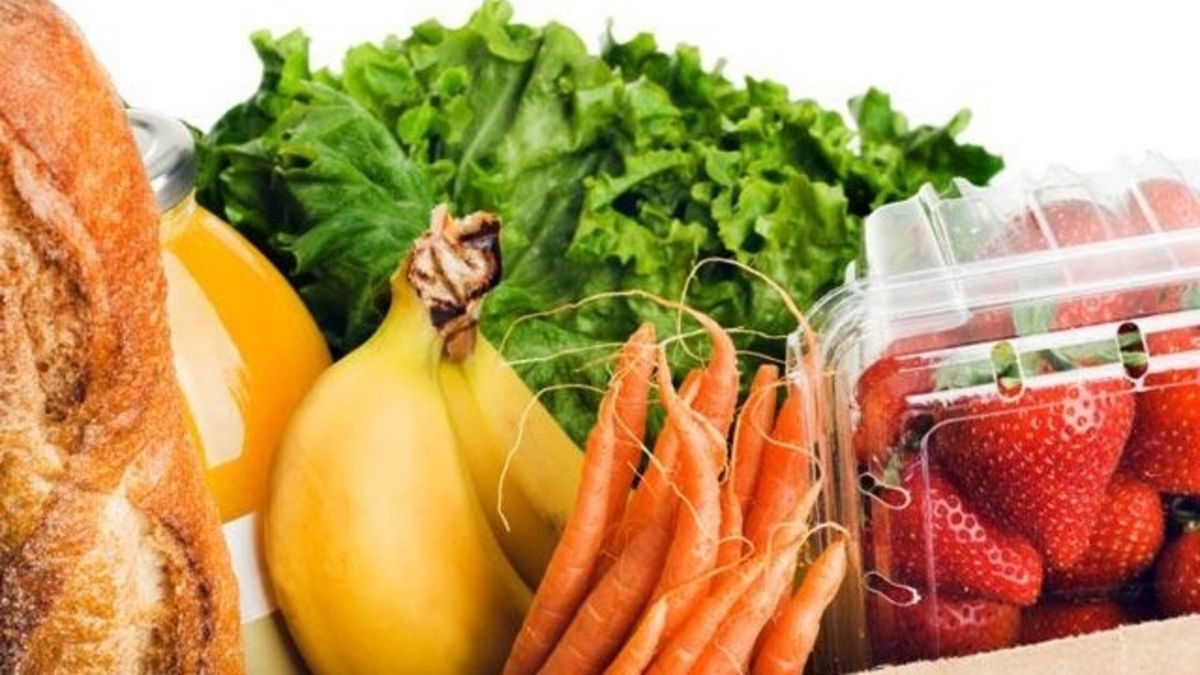What you can do to reduce food waste

No one would knowingly throw their money in the trash can. Yet, we are. American families throw out approximately 25 percent of the food and beverages they buy. The cost estimate for an average family of four is $1,365 to $2,275 annually. Need a visual? Americans could fill the Rose Bowl with a day's worth of food waste.
If that doesn't leave you feeling sick, take a whiff of your garbage can. Rotting food stinks, but it's what you don't smell that's dangerous. Rotting food produces methane gas. This odorless but potent greenhouse gas has greater global warming potential than carbon dioxide.
Save your money, save your nose and save the planet by practicing these three tenets we've all heard before: Reduce, reuse and recycle.
Reduce
Be savvy with your time and money. Create a grocery list that serves as part of your meal planning. Know how and when you'll use the food you buy. If you are taking advantage of sales or buying in bulk, the same rule applies.
Don't buy more food if you already have food in the house. Before driving through or taking out, know what foods are already in your house. Take inventory of what is in the freezer, refrigerator and cupboards. Then ask "How can I work this into a meal?"
Reuse
Eat your leftovers or repurpose them. Packing your lunch couldn't get any easier. Make them reappear in another dish or even as is for a quick reheat on a busy night. Not going to eat in within a few days or made too much -- make use of your freezer (label, date, and don't forget about it in there).
Use vegetable and meat scraps in homemade stocks. Use citrus fruit rinds and zest to flavor foods.
Donate food you will not eat to local agencies that will get it some of the 14 percent (50 million) of Americans who struggle to feed themselves or their families.
Connect with a food pantry. Do you have a bounty from your garden or prepared food from an event? A food rescue organization will take perishable food and provide it to those in need. Food shelters often have a meal program that will take donations as well.
Recycle
Want to do better than save the planet, perhaps improve it? Compost. The nutrients of the compost improve the quality of the soil, making it more drought resistant and lessening the needs for other fertilizers. Can't compost at home? Check if there is a composting facility in your community.
"Waste not, want not" as the saying goes. How will you keep your dollars in your pocket? Make better use of the food in your home? Be a good steward of the earth?
Source: Mayo Clinic News Network